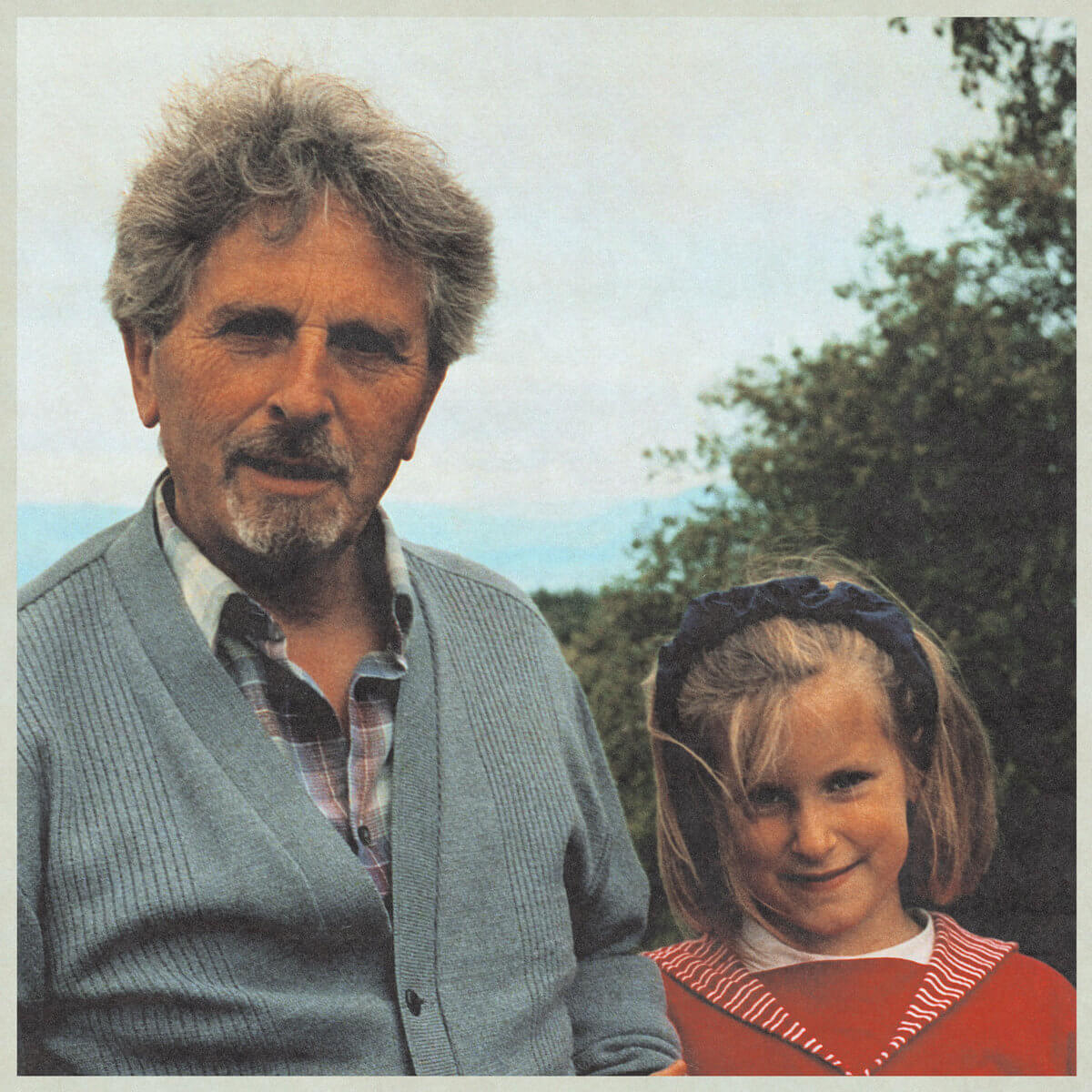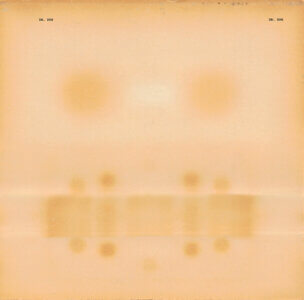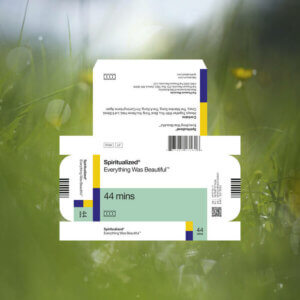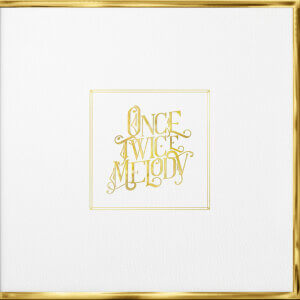
8
Blómi
Susanne Sundfør
If Susanne Sundfør’s 2015 masterpiece Ten Love Songs was a harsh, often dangerous exploration at electropop so sharp it cut, and her follow-up Music For People In Trouble was a recalibration towards stripped-down folk, then 2023’s Blómi lies somewhere in between. It’s calmer and more emotionally stable than both previous records, more keen to evoke natural imagery and sounds. “Leikara Ljóð” begins with birdsong and builds instrumentation mostly through handclaps and humming, and the album’s title means “to bloom” in Norse. It’s clear through this most recent evolution of Sundfør that she, too, has bloomed.
Even though Blómi is more relaxed, her subject matter is still emotional and heartfelt. “Alyosha” is an ode to a previous lover (“All I want when you are gone / Is you back in my arms”), “Ashera’s Song” is largely instrumental, but makes use of lyricism when it’s there (“Flows through me / Electricity / Love and light to all beings”), and “Fare Thee Well” is a mental adjustment for someone’s absence in her life, perhaps Alyosha.
Sundfør’s penchant for melodies is still miraculous, and though they number less on this album, they’re still just as powerful. The humming and building of “Leikara Ljóð” goes into the hymnal, lullaby-like “Alyosha”, and she sounds completely different on the soulful “Fare Thee Well” — when it starts, it’s easy to mistake for an Aretha Franklin ballad. “Blómi” offers profound meditations on life amongst a creeping, theatrical backdrop as she sings of crocuses: “Nobody told you / What the hell is the purpose / Of all of this circus.”
Amidst this exploration of sound, Blómi is also full of odd choices: The opener is a monologue from a therapist/guru-type that posits the body as a hologram, one constantly formed from love and indetachable from the spirit. Her voice comes back on the closer, the message not to be spoiled here, but it comes after a long-winded sonic bath of what seems to be an egg hatching. Other times, too, creepy nature is intertwined with Sundfør’s work: “Alyosha” ends with the skin-crawling buzzing of insects (Which she has also titled a previous song). “Sānnu Yārru Lī”, entirely in German, comes out to be a rulebook on soil management atop a pizzicato beat like the one Robyn beckoned us to the beach on in “Beach2k20”, paired with flutes Björk had in spades on her Utopia. Yes, it’s an odd sonic experience, but Sundfør is often hard to beat in terms of originality.
At times Blómi is filled with the kind of uplifting joy that makes sense after a six-year, largely undocumented hiatus from the music industry. “Rūnā”, in particular, takes a harmonious background and lays effervescent lyrics from someone clearly who has time to process, reflect, and get in tune with the natural world. She begins speaking about sorrow lingering in bones, but ultimately reflects that the world’s flow is inexhaustible and bound to be repeated. “Everything aligns with a mysterious purpose,” she sings.
order Blómi by Susanne Sundfør HERE
Latest Reviews
Tracks
Related Albums
Related News
Advertisement
Looking for something new to listen to?
Sign up to our all-new newsletter for top-notch reviews, news, videos and playlists.














